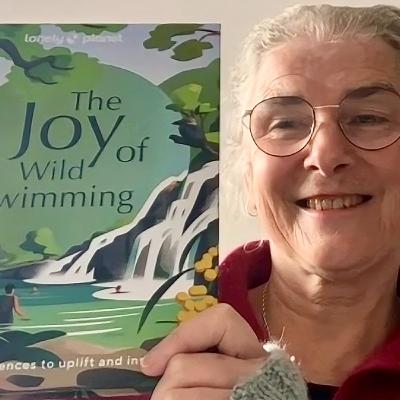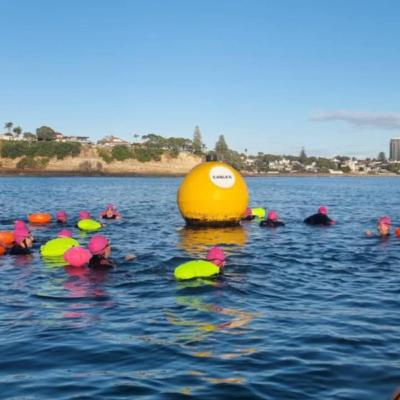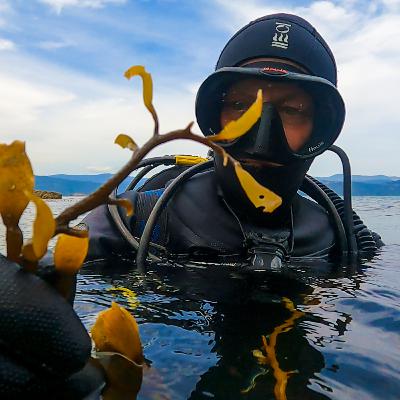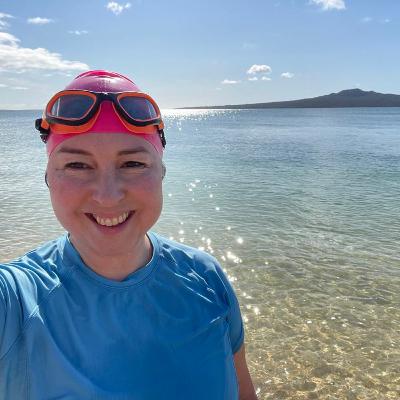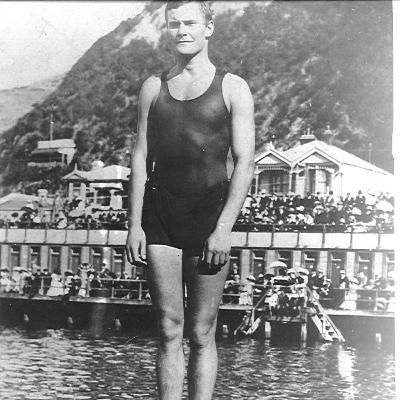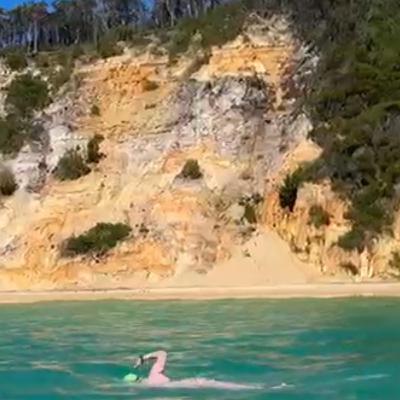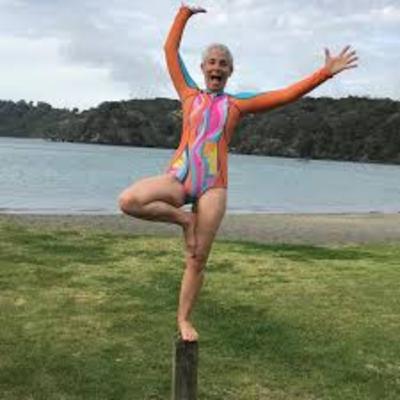Dr Heather Massey on the joys, dangers, and discoveries of cold water swimming
Description
Dr Heather Massey is an open water swimmer, a scientist, and a senior lecturer at the University of Portsmouth in the UK. As part of her job she researches the physiological effects of cold water, as well as the risks and potential benefits of cold water swimming.
What happens to our body when we get into cold water? What’s the 'cold shock response' and what is 'afterdrop'? Who benefits from cold water, how, and why? How do people survive ‘ice swimming’, including in Antarctica? But most importantly, how can people get into cold water and return home safely?
Heather’s advice includes:
- Have a plan for where you’re getting in and out of the water
- Don’t swim/dip/plunge alone
- ‘Claw hands’ (stiffness) or loss of coordination are signs that you need to get out asap
- Warm up quickly with snug clothes and a jacket, a hot drink, and wait a bit before you head home. Cold temperatures can cause a lack of coordination and concentration that may affect biking or driving.
Learn more about Heather’s research (and the Extreme Environments Laboratory) on the University of Portsmouth website
'Wild swimming scientist Heather Massey: "Hypothermia is not a pretty sight"'. Guardian article, June 2021
The Outdoor Swimming Society website
Water Safety NZ – 'Staying safe'
Photo of Heather by Terry Scott




